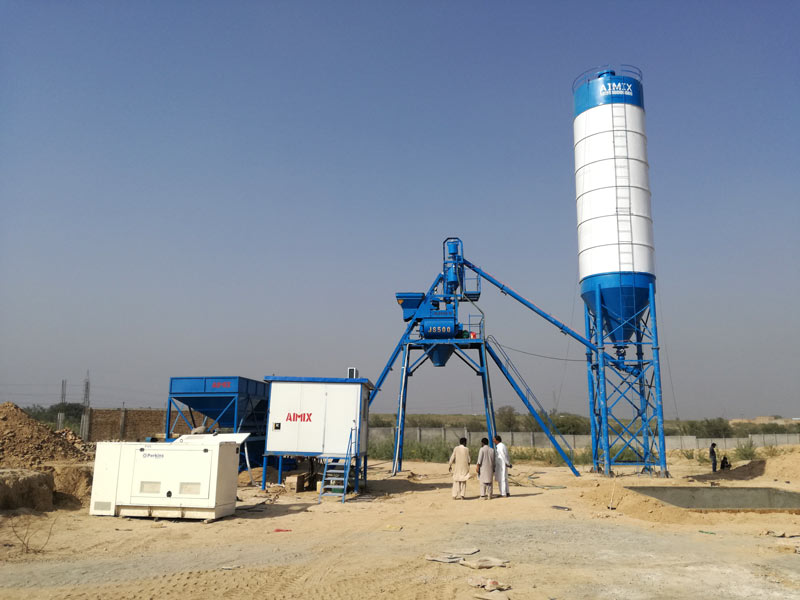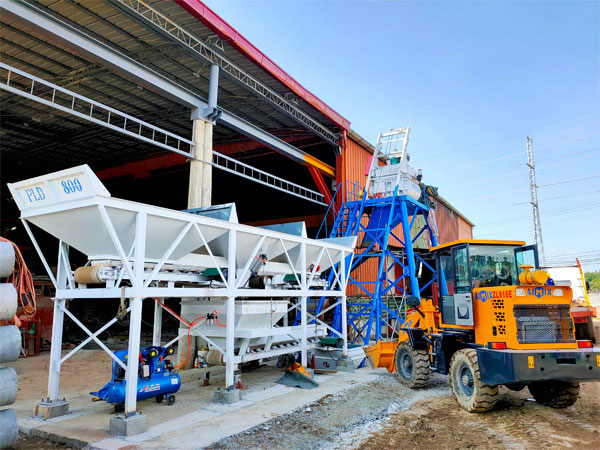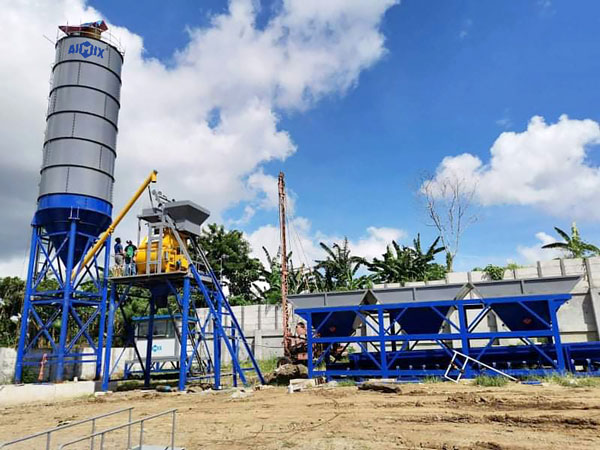In the realm of construction and large-scale infrastructure projects, efficiency and reliability stand as pillars of success. Stationary concrete batching plants embody these principles, providing a steadfast solution for high-quality concrete production. This article explores the essence of stationary concrete batching plants and their significant applications, aiming to guide potential customers through the advantages of integrating these systems into their operations.
Understanding Stationary Concrete Batching Plants
A stationary concrete batching plant is a robust setup that blends various ingredients to form concrete. It typically consists of aggregate bins, cement silos, conveyors, a mixing unit, and control systems. Unlike mobile batching plants, these are fixed at a site for the duration of the project. They are designed for large-scale operations, offering unmatched precision and capacity.

The heart of the batching plant lies in its mixing unit. Here, water, aggregates, cement, and additives are weighed accurately and mixed thoroughly. This process ensures consistency in the quality of the produced concrete, a critical factor for any construction project.
Key Components and Their Roles
Every component of the batching plant plays a pivotal role in the concrete production process. Aggregate bins store and dispense different types of sand or gravel. Cement silos serve as storage for the cement used in the mix. Conveyors transport materials to the mixing unit, where everything comes together. The control system oversees all operations, ensuring accuracy and efficiency in the batching process.
Applications of Stationary Concrete Batching Plants
Stationary concrete batching plants find their application across a wide range of projects. From constructing skyscrapers and bridges to paving roads and manufacturing precast products, these stationary concrete batching plants support diverse needs. They are especially beneficial for long-term projects requiring large volumes of high-quality concrete.
Infrastructure projects, such as airports and dams, also rely on stationary batching plants. Their ability to produce consistent mixes in large quantities makes them indispensable. Additionally, industries focused on producing concrete blocks, pipes, and other precast concrete products find great value in these plants.

Advantages for Potential Customers
Opting for a stationary concrete batching plant brings several benefits. First, the quality of the output is superior due to precise measurement and mixing. This leads to better structural integrity and longevity of the constructed facilities. Moreover, the batching plant mixer offers higher production capacities, meeting the demands of major projects efficiently.
Another advantage lies in cost-effectiveness. By controlling the mix and production rate, waste is minimized, and resources are used optimally. Furthermore, the automation of the process reduces labor costs and the likelihood of human error, contributing to overall project savings.
Making an Informed Decision
While the benefits are clear, choosing the right stationary concrete batching plant requires careful consideration. Factors such as the project’s scale, duration, and specific concrete requirements should guide your decision. Additionally, the quality of components and the reliability of the manufacturer play crucial roles in ensuring the plant’s performance and longevity.

Potential customers should seek out suppliers with a track record of delivering durable and efficient batching plants. After-sales support and the availability of spare parts are also important considerations, ensuring the plant remains operational over time.
Embracing Innovation for Enhanced Performance
Today’s stationary concrete batching plants embody technological advancements. Modern control systems offer unparalleled precision in batching, while innovative designs in concrete mixing plants ensure uniformity and strength in the concrete mix. These improvements not only enhance product quality but also environmental sustainability by reducing waste and energy consumption.
Incorporating a stationary concrete batching plant into your operations can significantly impact project outcomes. It ensures a steady supply of high-quality concrete, optimizing construction timelines and budgets.
Conclusion: A Foundation for Success
Stationary concrete batching plants stand as a testament to advancement in construction technology. With their ability to deliver consistent, high-quality concrete in vast amounts, they become an essential asset for various projects. By considering the specific needs of your project and choosing a reliable batching plant, you set a solid foundation for success. Click here to learn more about Concrete Batching Plant Prices. Embrace the efficiency, reliability, and quality that these plants offer, and witness a transformation in your construction or manufacturing processes.
As the industry moves forward, staying informed and open to innovation will allow you to maximize the benefits of stationary concrete batching plants. Let this be your guide in making an informed decision that aligns with your project goals and sets a new standard in construction excellence.
